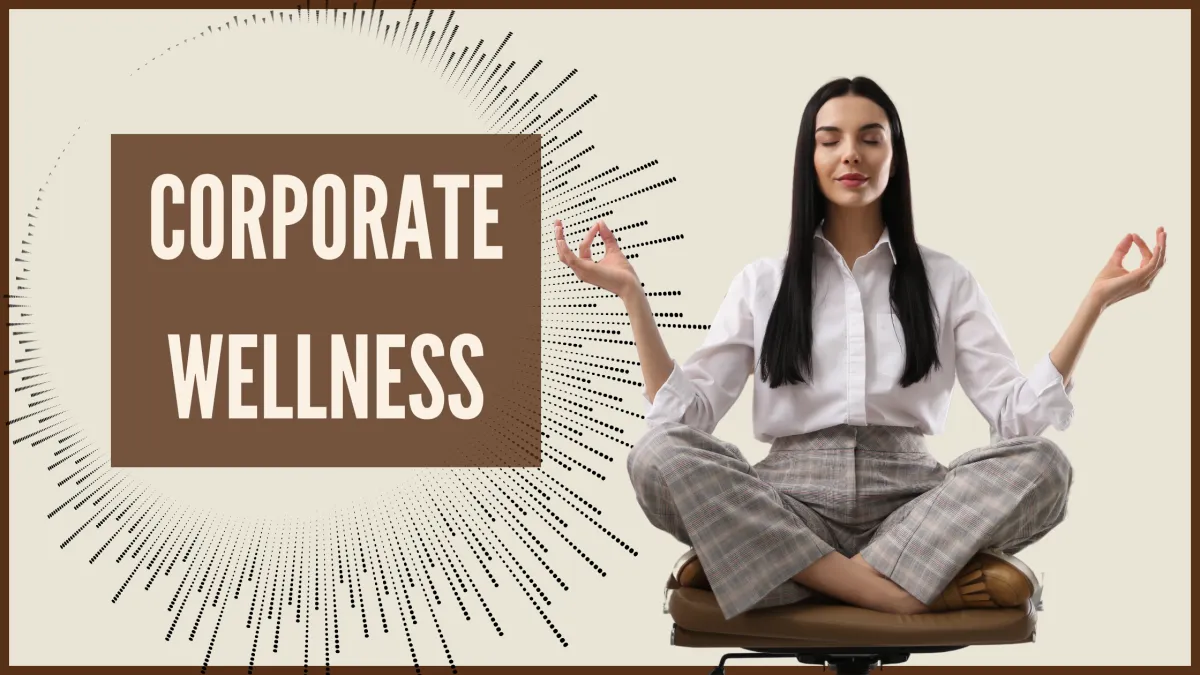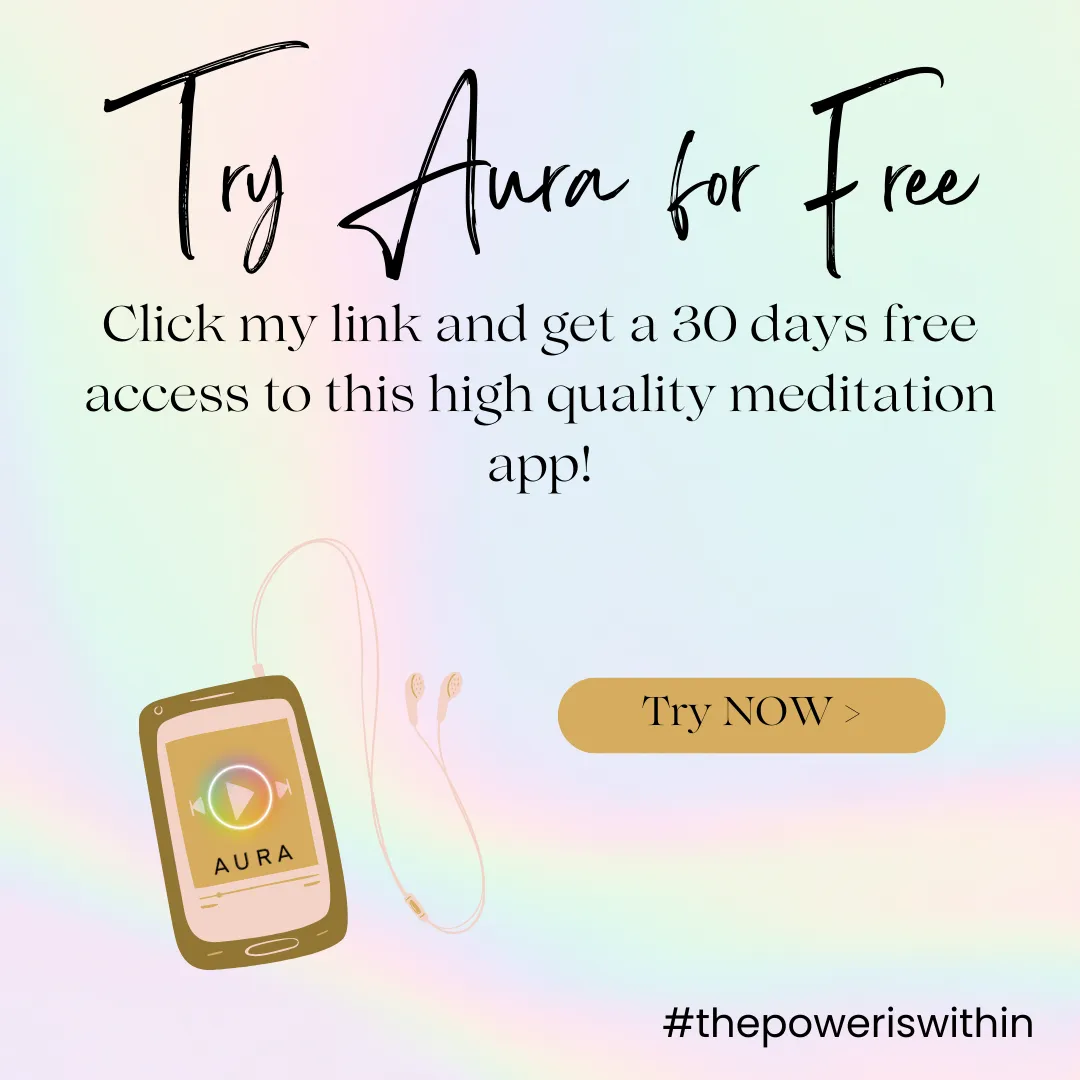Experience Inner Transformation through Sound Healing & Mindfulness
Embark on a transformative adventure that guides you to the core of self-discovery, enveloped by the art of sound healing and mindfulness designed for profound life shifts.
Don't miss out on my upcoming Retreats and events!
Looking for a space to slow down, reconnect, and realign with your inner self?
Explore our upcoming retreats, sound baths, and mindfulness gatherings—designed to nourish your nervous system and awaken your inner harmony.
Why Sound Healing?

Embrace the symphony of serenity:
Discover the profound benefits of frequency healing for mind, body, and spirit.
Reduces stress and anxiety
Improves sleep and promotes deep relaxation
Enhances emotional well-being and mental clarity
Balances chakras and clears energy blockages
Strengthens your connection to intuition and inner peace
10 Minutes to a New You: A Daily Practice for Transformation
Download my free Sound Reset Ritual — a 22-minute audio and guided journal to help you soften, breathe, and remember the calm inside you.
This isn’t just a track.
It’s a pocket-sized ritual for the days you feel scattered, heavy, or disconnected.
Featuring my signature sound healing with vocals + bowls, recorded during a live channeling session.
You'll also receive a beautiful, printable journal to guide your intention + integration.

Harmonizing Energy Through Sound and Frequency Healing
Welcome to a space where sound and energy come together to nurture your mind, body, and spirit. At Harmonic Odyssey, I blend the transformative powers of crystal singing bowls, tuning forks, and Reiki energy healing to create a deeply restorative and personalized healing experience.
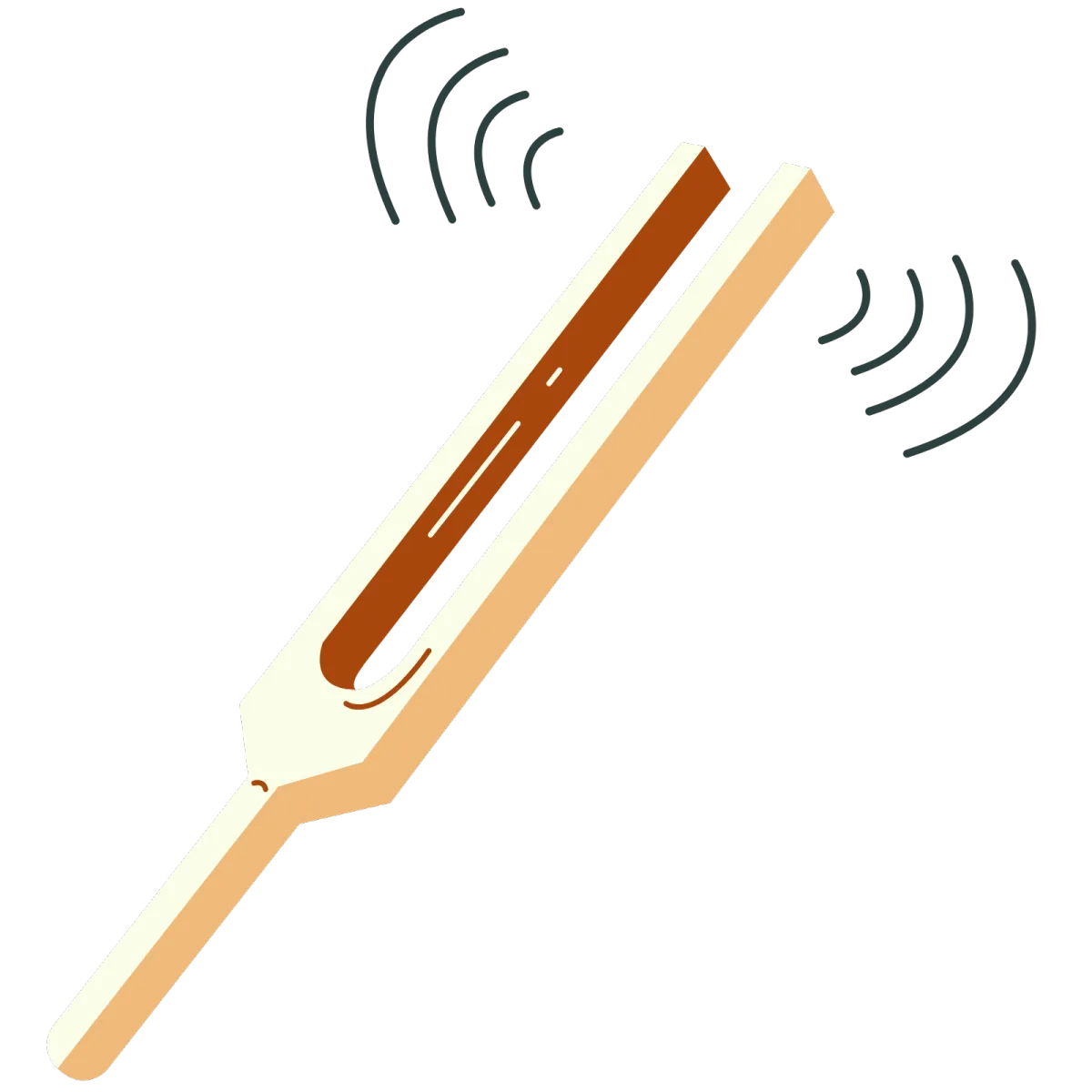
Precision Healing with Tuning Forks
Tuning forks bring precision to frequency healing. Their targeted vibrations interact with your body’s natural rhythms
Whether applied near your body or to specific energy points, tuning forks support alignment, grounding, and overall balance.

Reiki: A Gentle Flow of Universal Energy
Crystal singing bowls produce pure, resonant tones that vibrate at specific frequencies.
Each session with crystal bowls allows the vibrations to flow through your body, restoring harmony and a sense of peace.

The Magic of Crystal Bowls
Reiki complements sound healing by working with the subtle energy of your body.
When paired with sound healing, Reiki amplifies the restorative effects, creating a truly holistic experience.
Don't take our word for it
Highest customer satisfaction
Our customers come from all walks of life. Read about their inspiring experience.

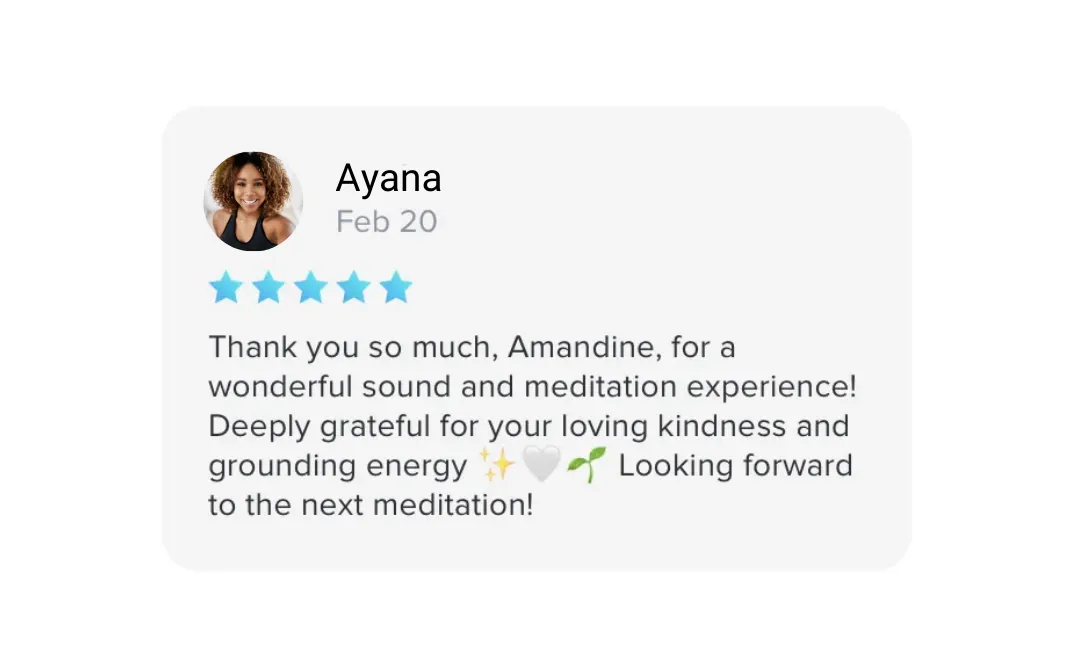


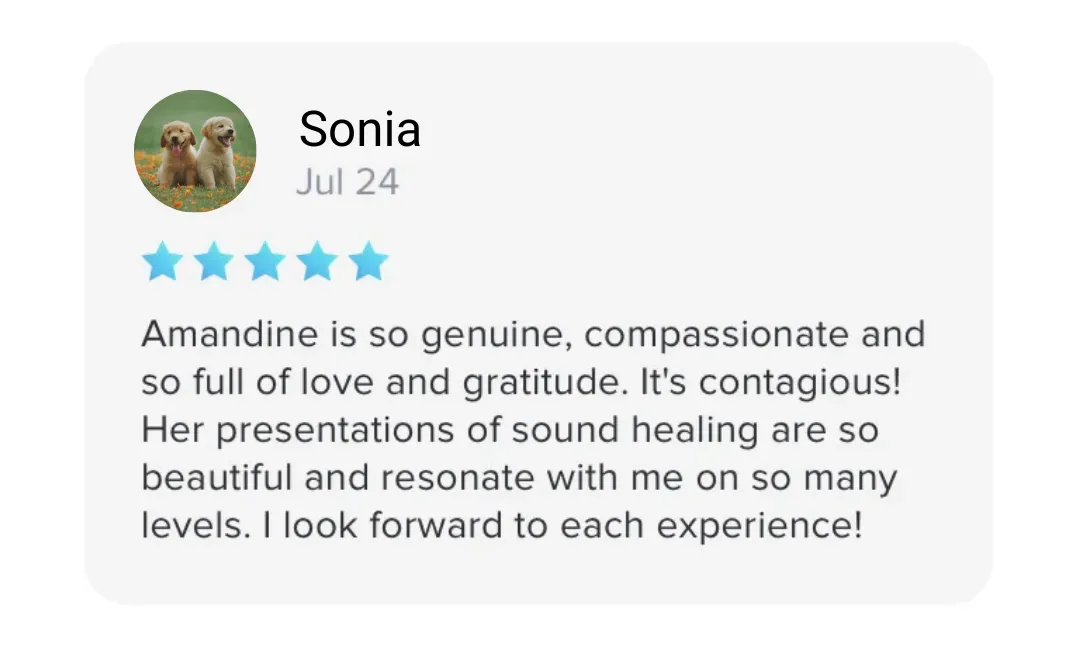

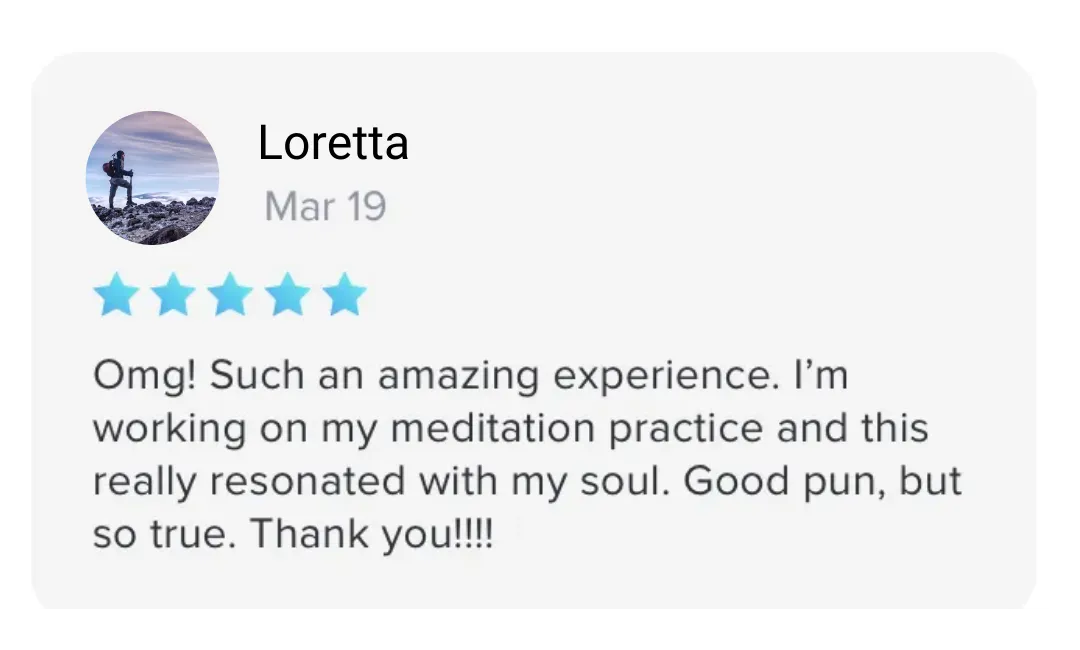


Meet The Founder
Hi there!
My name is Amandine Le Roux Hancock
I am here to help you discover a new way to reconnect with yourself and in harmony with who you are. With me, het ready to embark on a transformative journey. To do so, we will be using mindful coaching and sound healing based programs and courses designed to empower your journey to wellness and inner peace with Amandine.
Let's dive in!


Featured In




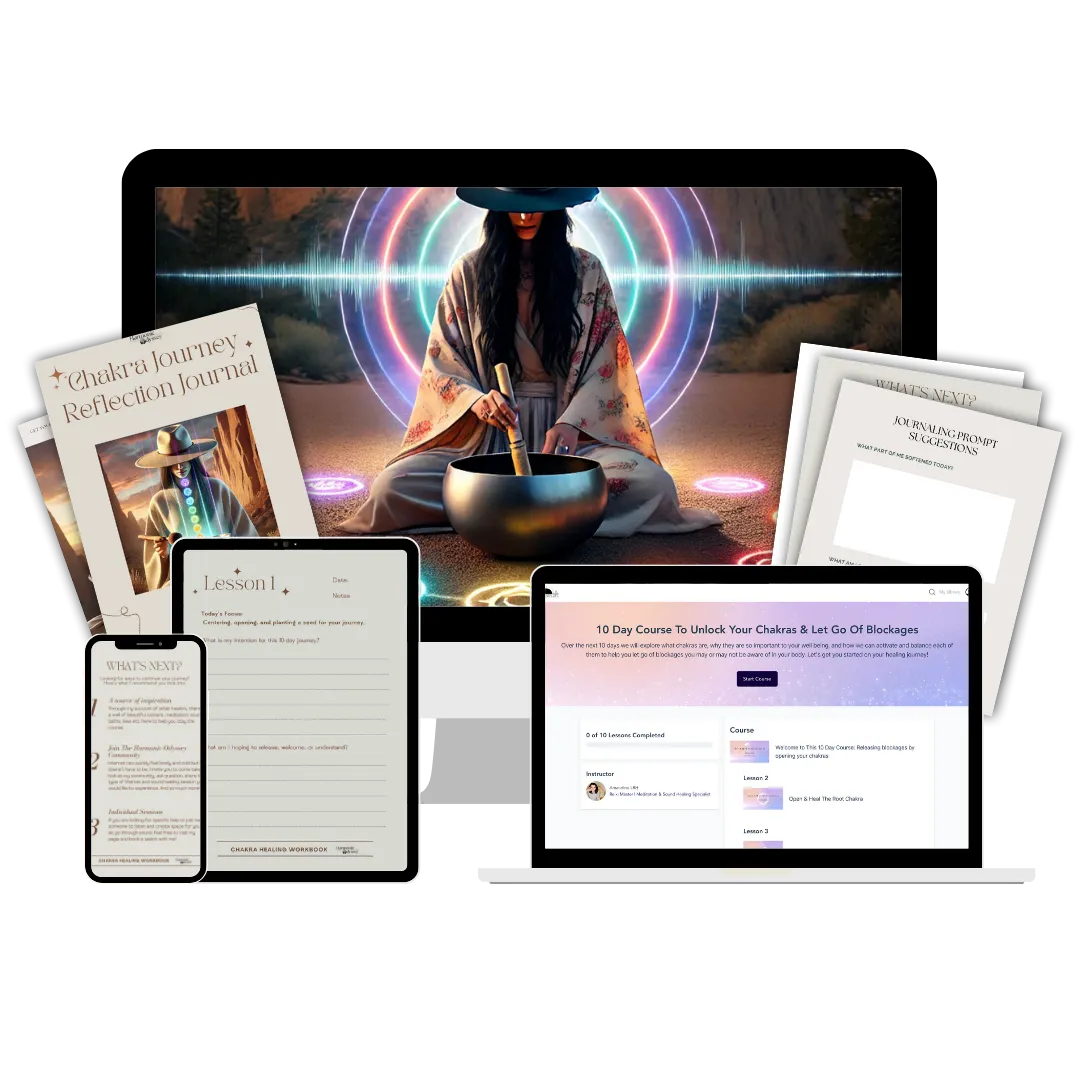
Try My Signature Courses
Re-discover yourself through the power of Sound Healing and a unique mix of healing modalities that have helped over 9300 students!
My classes last about 15 to 20 minutes per day but will provide you with long lasting effects.
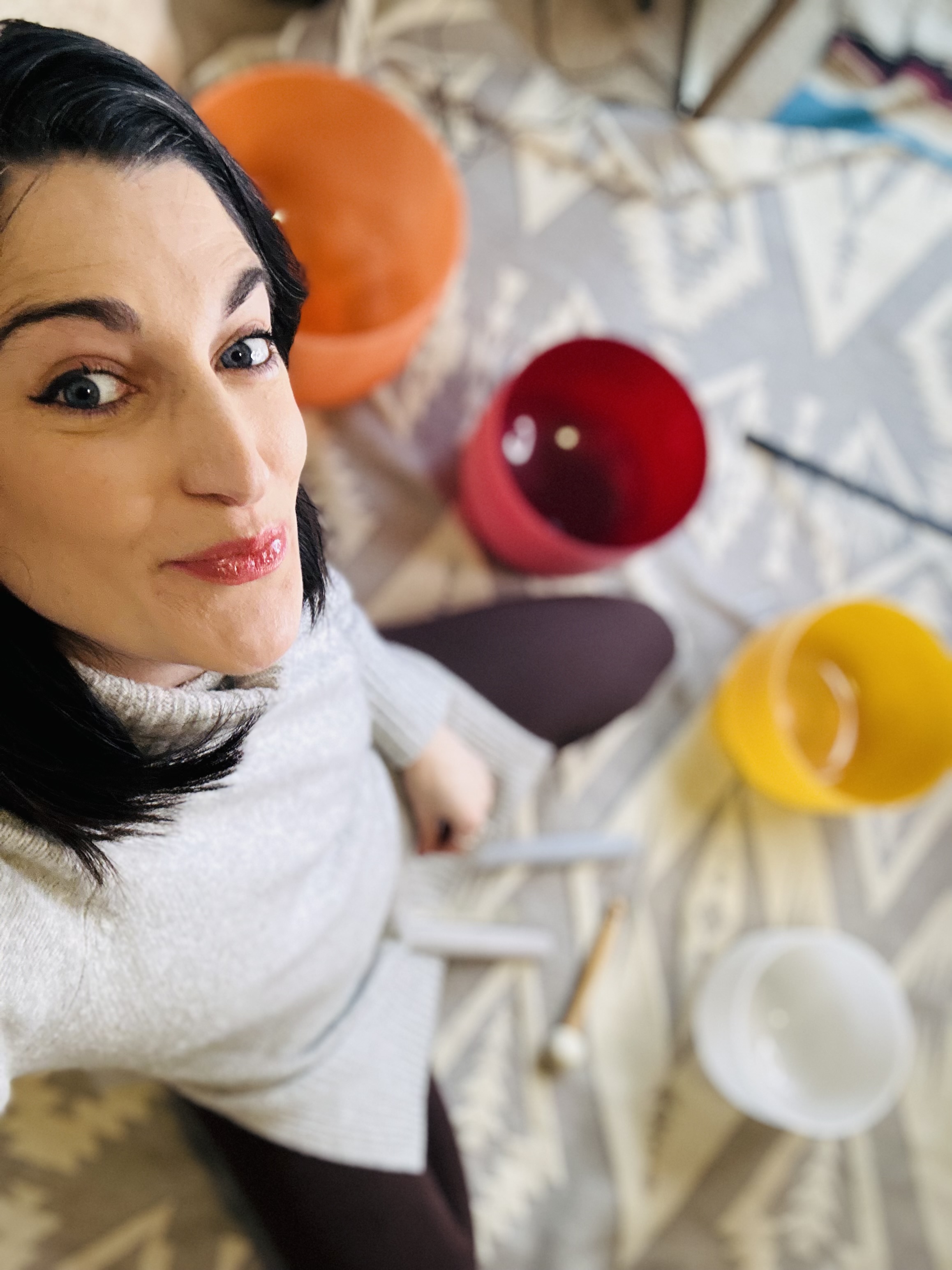
I'M ON INSIGHT TIMER & AURA!
Join me and listen to exclusive new meditations, sound baths and participate to my weekly lives and classes!
"Sound is the gateway to our soul, and through it, we unlock the power to heal, transform, and connect with our truest selves." -- Amandine LRH
READ MY LATEST POSTS

Why Meditation Is Not Working For Me: 10 Possible Reasons
You've probably heard about meditation and its amazing benefits—how it can relax your mind, improve your focus, and bring peace to your busy life. Excited to give it a try, you find a quiet spot, sit down, close your eyes... and nothing seems to happen.
Discouraging, right?
Instead of feeling calm, you're left wondering why meditation is not working for me. If this sounds familiar, don't worry. Many people face the same challenge when starting with meditation. Let's explore why meditation is not working for you.
10 Reasons Why Is Meditation Not Working - Common Challenges in Meditation
Meditation is simple, cheap, and highly effective. But it doesn't always work for everyone right away. Here are some common reasons why you might be struggling with meditation:
1. Your Mind is Too Active
Of course, it’s active. No surprise here. One of the goals of meditation is to quiet the mind, yet many beginners find themselves overanalyzing the process. It takes practice before the mind quiets down, and it’s rarely silent even after years of practice.
It takes about 20 minutes for experienced meditators to notice a slowing down of the mind. So, this isn’t a problem at all. Part of the purpose of meditating is to learn how your mind operates. This is how it operates. When it wanders, just bring your focus back to your breath.
2. Your Mind Wanders
It’s not uncommon to suddenly realize that you’ve been daydreaming for the last five minutes. The solution is the same as the previous issue. Just return your attention to your breath and continue.
3. Lack of Consistency
Like any skill, meditation requires consistency to see progress. Meditation needs to be done daily to see the greatest benefits. It also needs to be done daily to gain a high level of proficiency. You can’t become skilled at what you don’t practice. Get as much practice as you can.
4. Falling Asleep
It’s not easy to fall asleep if you have the proper posture. It should be impossible to stay asleep if you have the proper posture, as you’re sure to lose your balance and fall over. The best position for meditating is to sit up straight. If you lie down, you may struggle to stay awake.
5. Body Pains
Sitting still can be uncomfortable, especially at first. Holding one position can be painful when you’re just starting with meditation. Over time, your aches and pains will largely go away.
It’s best to try to remain still. Shifting your position will only give temporary relief, and the process starts all over again. No matter how much it hurts, you’ll find the pain fades away and eventually moves to another location if you stay still.
6. Boredom
Yes, meditation can be boring, especially if you’re used to significantly more stimulation. Learn to sit still with your boredom and just observe it. Boredom can be more fascinating than you might think.
7. Rationalizing Quitting
Thoughts like “This is a waste of time” or “Why am I doing this?” are common. Just sit with these thoughts and notice them—they’re just as meaningless as any other passing thought.
Realize that your discomfort with stillness is the real issue.
You’ll come to understand that many of the things you do in your life are to avoid this feeling. This includes things like staring at the TV and overeating.
8. Finding Time
Saying you don’t have time is just an excuse. Seriously this excuse is hardly valid. Go to bed 20 minutes early and sit in the corner. Or get up 20 minutes early and do the same. The truth is, after a little practice, you can meditate at your desk or on a bus. If you have time to watch TV or scroll on your phone, you have time to meditate.
9. Desiring Perfection
Perfection in meditation isn’t achievable, but you don’t need to be perfect. Put in the time with your best effort. That’s all that’s required. Remember, there's no one right way to meditate. So aiming for perfection is unrealistic.
10. Expecting More
Meditation isn’t about sudden, earth-shattering insights. It’s a gradual process that brings understanding over time. We live in a world where everything is instant—coffee, messaging, food delivery.
Meditation, however, is a slow burn. If you're expecting immediate results after a few sessions, you might be setting yourself up for disappointment. It takes consistent practice to see meaningful changes.
Finding Your Path with Meditation
These challenges aren’t real problems; they’re just misunderstandings of what normally happens during meditation. Keep at it, and trust that everything is as it should be.
Looking for easy meditations to get started? Check out my sessions on Insight Timer. I’ve got a variety of meditations for beginners and advanced practitioners. Feel free to reach out with any questions or needs.
FAQs - Why meditation is not working for me
What to do when meditation doesn't work?
Try these tips when meditation doesn't work for you:
Switch techniques to find what fits best.
Try meditating without guidance.
Recognize individual differences in meditation experiences.
Avoid judging your meditation sessions.
Why has meditation stopped working?
Meditation might stop working if you're not consistent. It's important to meditate regularly, ideally at the same time and place each day. If that's not possible, try to meditate every day, even if it's at different times. Consistency is key to getting the benefits.
Why doesn’t meditation work for everyone?
Meditation doesn't work for everyone, especially if you have conditions like anxiety, depression, or PTSD. When your mind is in distress, sitting quietly and trying to relax can be tough.
What is one of the biggest problems during meditation?
Physical discomfort is one of the biggest problems during meditation. Alongside mental and emotional hurdles, many of us inevitably feel some discomfort from sitting still, especially if we're not used to the posture.
Does meditation improve your mental health?
Yes, meditation can reduce stress, anxiety, and symptoms of depression. Also, it can increase emotional regulation, improve concentration, and promote relaxation, and overall well-being.
Navigation
© 2025 Harmonic Odyssey by Amandine LRH - A Greener Life LLC, All Rights Reserved.



